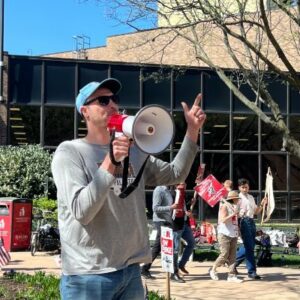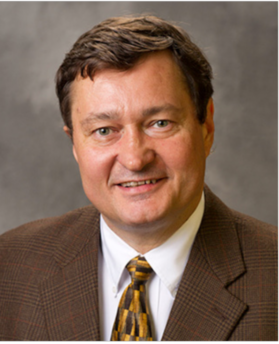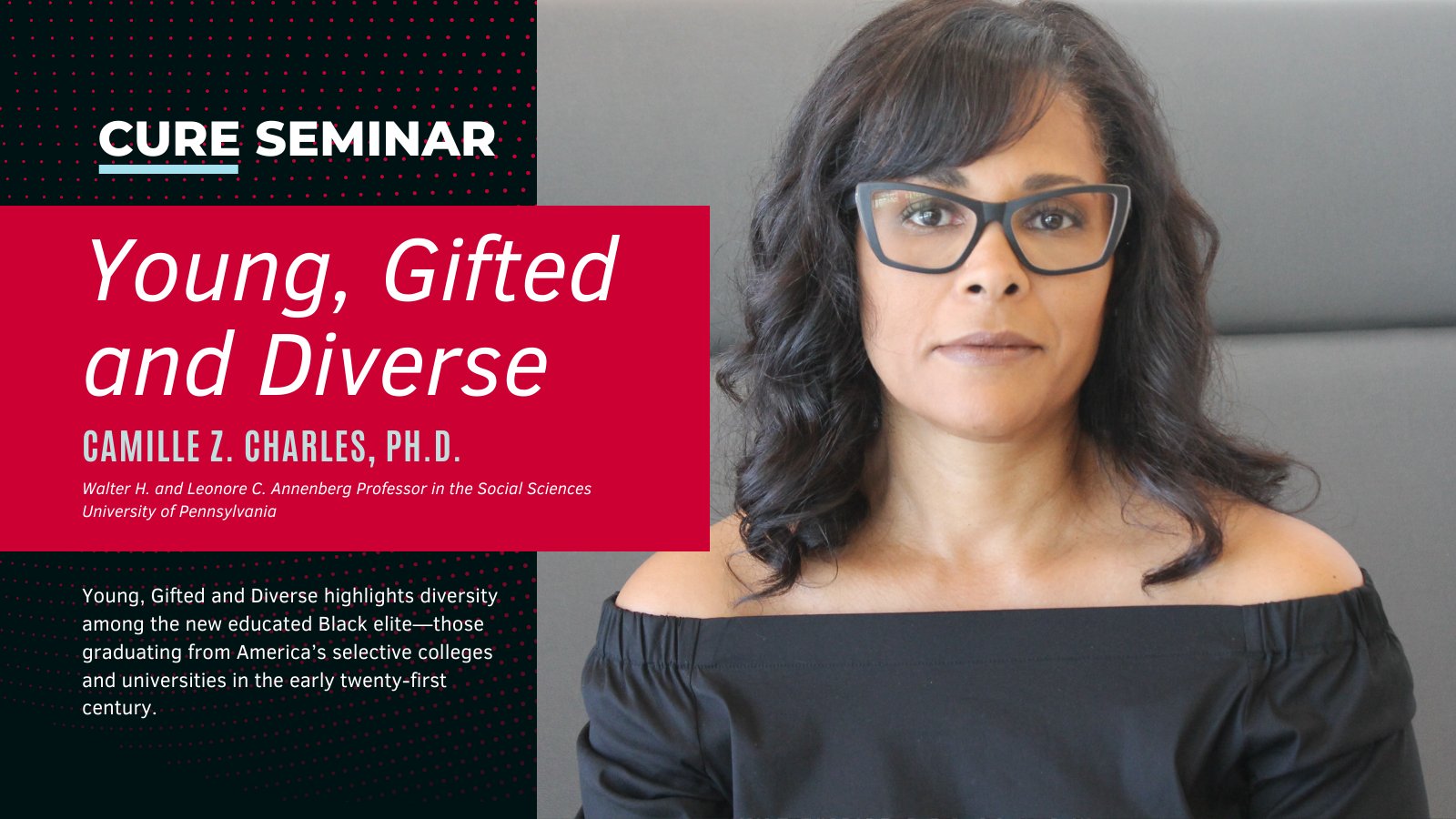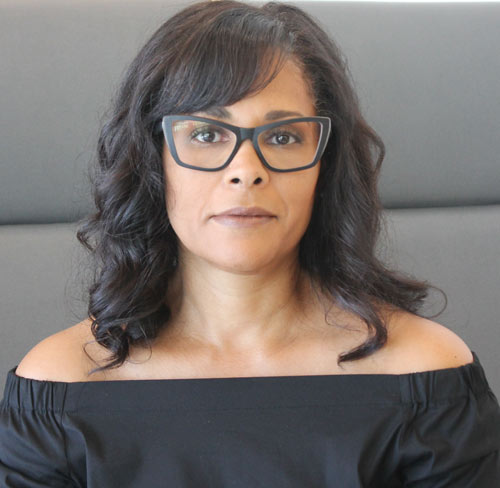
We have exciting news! The South Jersey Institute for Population Health (SJIPH) is partnering with CURE to improve population health in South Jersey. Please find SJIPH’s announcement of our partnership below:
Since we were first established, the South Jersey Institute for Population Health (SJIPH) has had a commitment to improving population health and wellbeing and reducing health disparities in southern New Jersey through supporting collaborations between community stakeholders and research partners from Rowan University and Rutgers University-Camden.
As an exciting next step in this work, we are pleased to announce a new partnership with the Center for Urban Research and Education (CURE) at Rutgers University-Camden. Launched in 2011 by Dr. Paul Jargowsky, CURE is dedicated to building a Rutgers where community work and research go hand in hand. CURE will bring its mission and knowledge of community research and civic engagement to support the strategy, research design, and operations of SJIPH. This partnership will further enhance SJIPH’s integration into Rutgers’ research infrastructure and connection to affiliated faculty.
Leading the work for CURE is Dr. Stephen Danley, who started as the new SJIPH Co-Lead at the beginning of January 2024. As Co-Lead, Dr. Danley will work closely with Co-Founder/Co-Lead Dr. Nicole Vaughn of Rowan University, to advance SJIPH’s research mission, organizational strategy as well as expand dissemination of our work with communities and partners in the region and nationally. Dr. Stephen Danley is joined by three other members of CURE who will help SJIPH staff and grantees share their research findings and connect to new resources. You can read more about each team member below.
Meet the CURE Team
Stephen Danley, DPhil, CURE Director
Dr. Stephen Danley is an Associate Professor of Public Policy and Administration at Rutgers- Camden University and Director of the Center for Urban Research and Education. He obtained his doctorate from the University of Oxford’s Nuffield College through a Marshall Scholarship. Danley’s research focuses on various aspects of urban dynamics, including neighborhood movements in New Orleans, LA and gentrification in Camden, NJ.
Melissa Thompson PhD Student, CURE Graduate Assistant
Mel Thompson is a PhD student in Public Affairs, Rutgers University. She received a Rutgers Presidential Scholar and is Rutgers-Rowan Board Pre-Doctoral Fellow. Her research centers Black liberation, community development, and teacher housing.
Mariah Casias MS, CURE Department Administrator
Mariah is a graduate of Haverford College and received a master’s degree in Nonprofit Leadership from the University of Pennsylvania. She has worked in nonprofits and higher education in the Philadelphia region, including at Philanthropy Network Greater Philadelphia and the Center for High Impact Philanthropy (CHIP) at the University of Pennsylvania’s School of Social Policy & Practice.
Yanan Li, PhD candidate Rutgers University-Camden
Yanan Li is a Ph.D. candidate in Public Affairs at Rutgers University-Camden. Her research focuses on social capital and social class mobility, with a particular emphasis on spatial analysis. She has received comprehensive training in both quantitative and qualitative analysis and has a strong ability in data visualization.
In welcoming the CURE team, we would also like to acknowledge the leadership and work of Dr. Naomi Marmorstein, who served as the previous Interim Co-lead from Rutgers-Camden from September 2022-December 2023, during which time SJIPH was awarded the 2023 Population Health Leader Award from Acenda Health.
As we develop and deepen the network of relationships that work to improve health in the region, SJIPH anticipates that this is the first of many new partnerships. Our expanded team looks forward to working with you in the future. Please visit SJIPH.org for more information.
Best,
SJIPH Team




 Camille Z. Charles is Walter H. and Leonore C. Annenberg Professor in the Social Sciences in the Departments of Sociology and Africana Studies, and in the Graduate School of Education at the University of Pennsylvania. Her research interests are in the areas of racial inequality, racial identity, racial attitudes, intergroup relations, residential segregation, and higher education.
Camille Z. Charles is Walter H. and Leonore C. Annenberg Professor in the Social Sciences in the Departments of Sociology and Africana Studies, and in the Graduate School of Education at the University of Pennsylvania. Her research interests are in the areas of racial inequality, racial identity, racial attitudes, intergroup relations, residential segregation, and higher education.